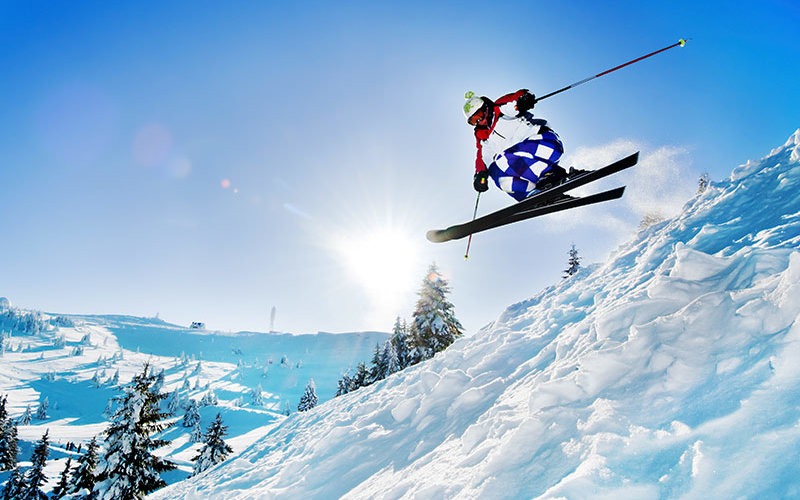
On Tuesday, Dec. 5, the International Olympic Committee banned the Russian Federation from the 2018 Winter Games in Pyeongchang, South Korea.
The reason? Widespread, state-backed doping, which IOC President Thomas Bach said “represents an unprecedented attack on the integrity of the Olympic Games and sport.”
“The decision was not a surprise,” says John Gleaves, associate professor of kinesiology at Cal State Fullerton who serves as co-director for the International Network for Doping Research in Denmark.
“I think a lot of people suspected that this was coming, following what happened in Rio” in which the International Association of Athletics Federations ruled that the Russian track and field team would be banned from competing — and the IOC affirmed the action.
Banning a country from the Olympics, says Gleaves, “is incredibly unusual, especially for doping. In that sense it is almost unprecedented.”
Gleaves believes that the IOC took the action because they didn’t believe that anything has changed since the Winter Games in Sochi in 2014 or “even though it might be getting better, the IOC is not convinced it is good enough.”
How do you think Russia will respond?
As an institution, Russia has used the games to support propaganda at home, he says. “They will likely make it a personal thing: Why are they picking on us? This is further proof that America hates us and uses it to undermine the legitimacy of foreign complaints about Russia’s actions.”
Beyond propaganda, “they could apply to the Court of Arbitration of Sport … as a country that would be very surprising,” he says. “They could decide to boycott the games” in which case none of their athletes would compete.
Under yesterday’s decision, individual Russian athletes could compete under certain conditions. They would compete with a uniform bearing the name “Olympic Athlete from Russia” and under the Olympic Flag.
Will this affect other countries?
“I don’t think so,” Gleaves says. “It would only affect a country with the same extensive doping but I don’t think this is a warning shot across any other country.
“Sports is always a microcosm of the larger landscape, the geopolitical landscape. It parallels other tensions,” Gleaves noted, pointing to what had happened in Crimea and Belarus. “We must remember the biggest context in which this is happening.”
Gleaves is co-director of Cal State Fullerton’s Center for Sociocultural Sport and Olympic Research, one of three such centers in the United States.
Related articles about the 2016 Summer Olympics in Rio de Janeiro, including Gleaves comments about the banning of Russia’s Track and Field Team, can be found here.